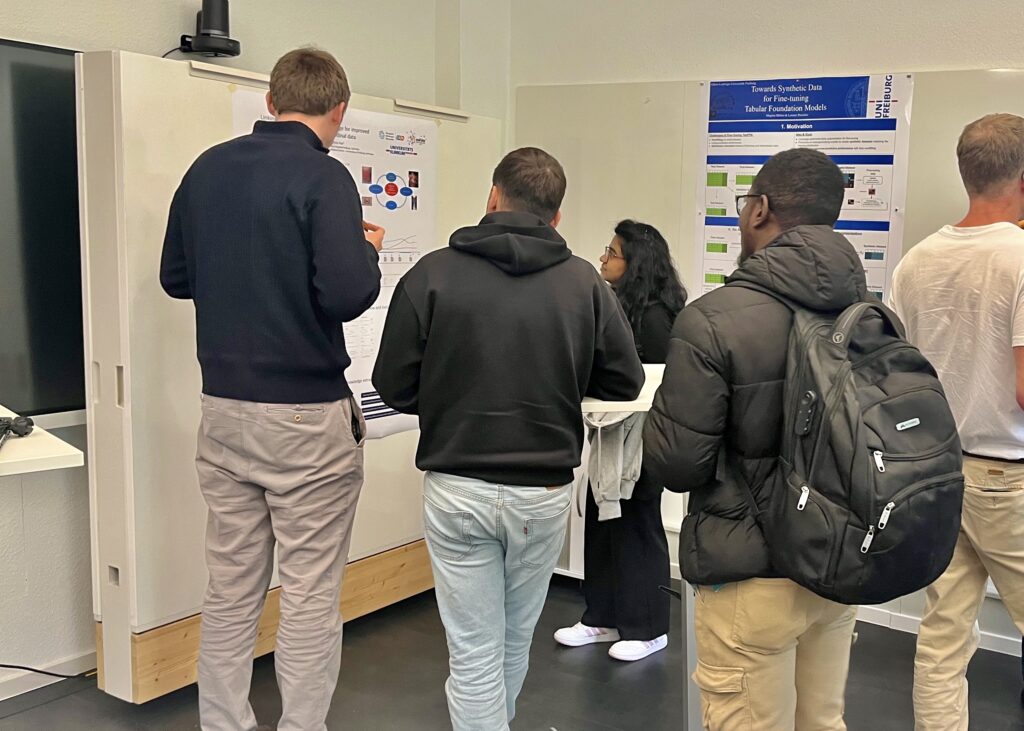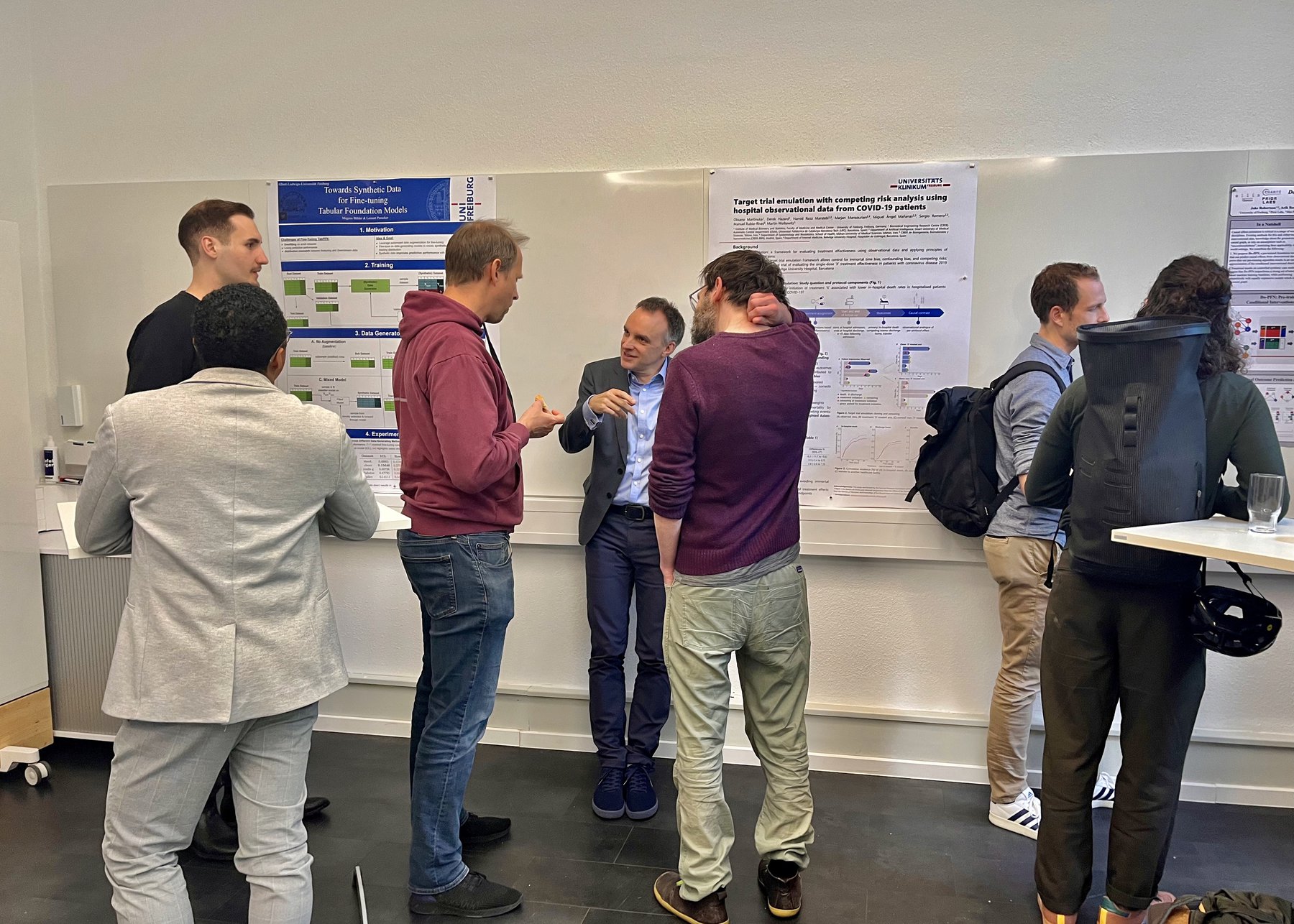
On May 23, the CRC 1597 SmallData hosted a Workshop on “Causal Modeling with Small Data”, moderated by our PI Nadine Binder.
Causal inference and modeling plays an important role across scientific fields and it’s of particular interest in medical related research, in which the lack of available data often poses a small data challenge.
Julius von Kügelgen (ETH Zurich) started off the session by introducing the problems faced when modeling and extrapolating the effects of unseen perturbations such as gene knockdowns or drug combinations in experimental and clinical trials and showed us his proposed method to address this through the perturbation distribution autoencoder, which is trained by maximising the distributional similarity between true and predicted perturbation distributions.
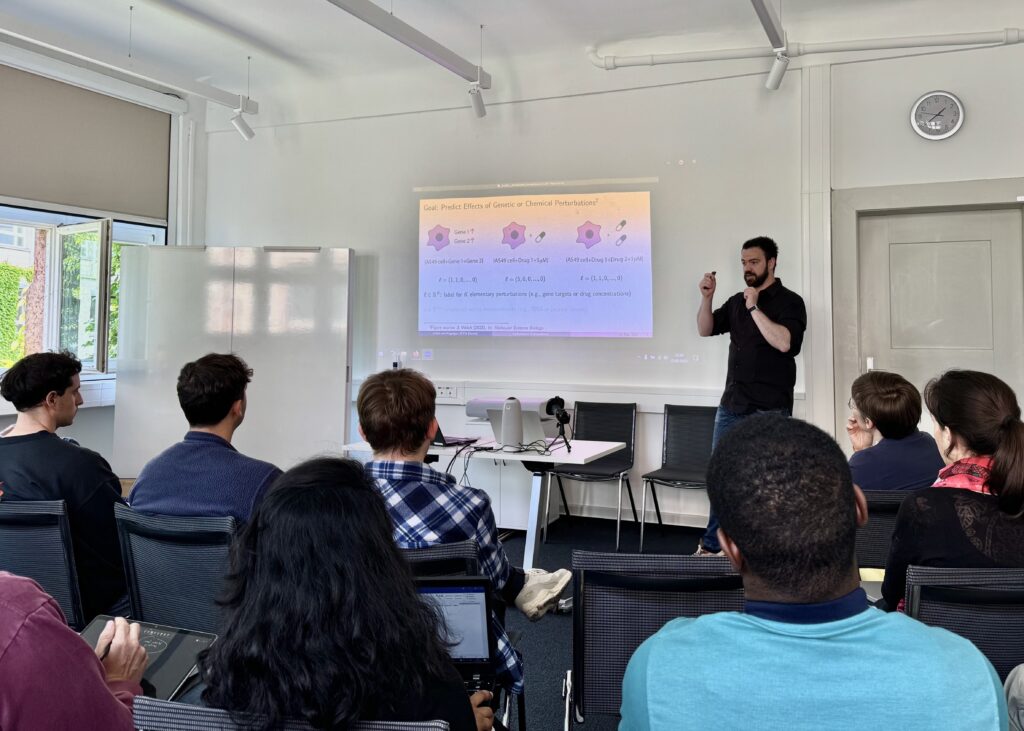
Arik Reuter (LMU Munich) and Jake Robertson (ALU Freiburg) followed up by sharing with us their approach to this problem through the use of in context learning. By pre training PFNs on synthetic data drawn from a wide variety of causal structures, including interventions, they’ve managed to accurately estimate causal effects without knowledge of the underlying causal graphs.
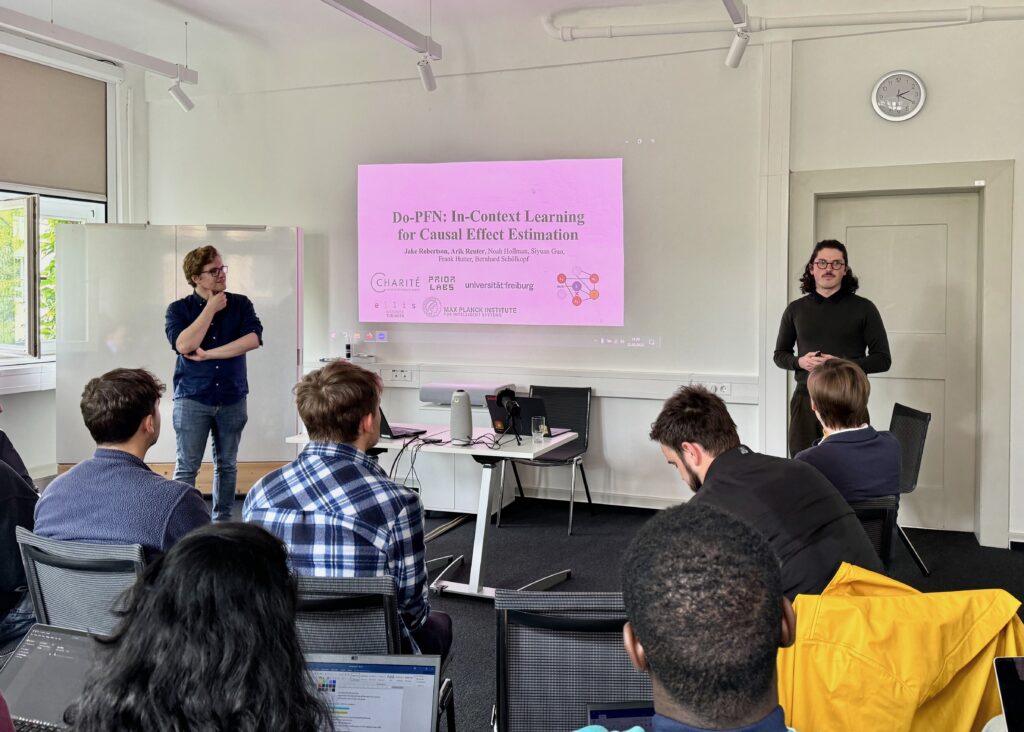
Our associate PI, Martin Wolkewitz, continued the session by portraying the causal limitations when analyzing outcomes in clinical epidemiology, such as the immortal time bias, competing risks, and confounding time-varying variables. He then proceeded to show us how the framework of target trial emulation can be applied to tackle these issues.
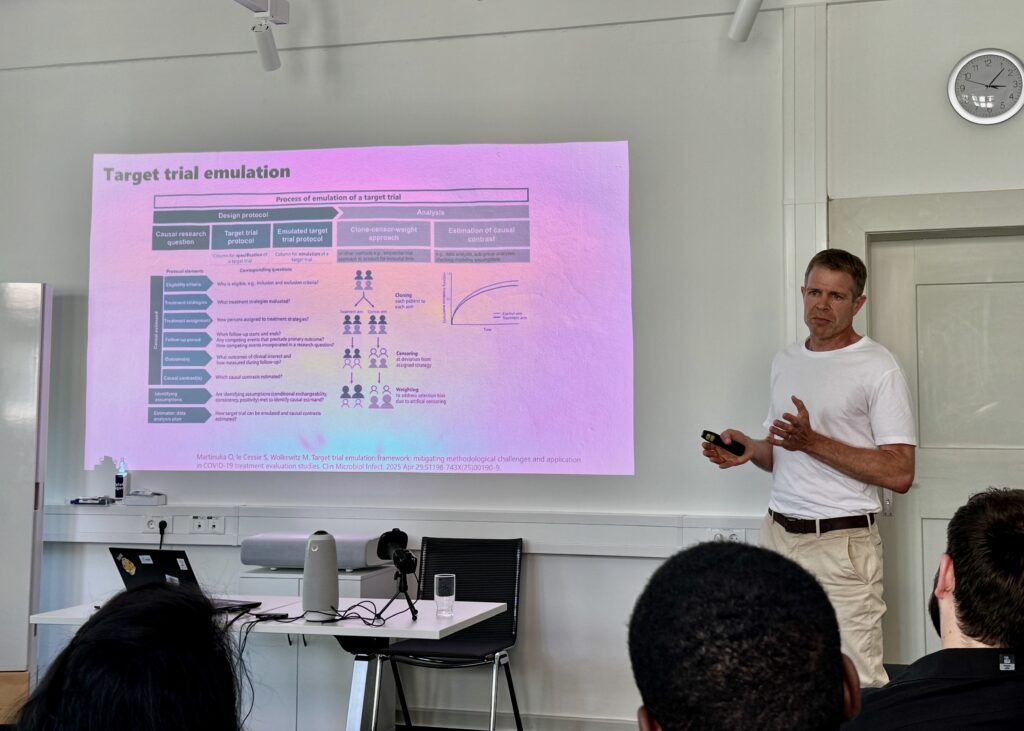
Vanessa Dídelez (BIPS Bremen) closed the round of presentations by discussing the challenges when simulating from marginal causal models while ensuring a complex time-dependent confounding structure and when formalising graphical criteria for the identification of marginal effects in continuous-time settings based on marked point processes.
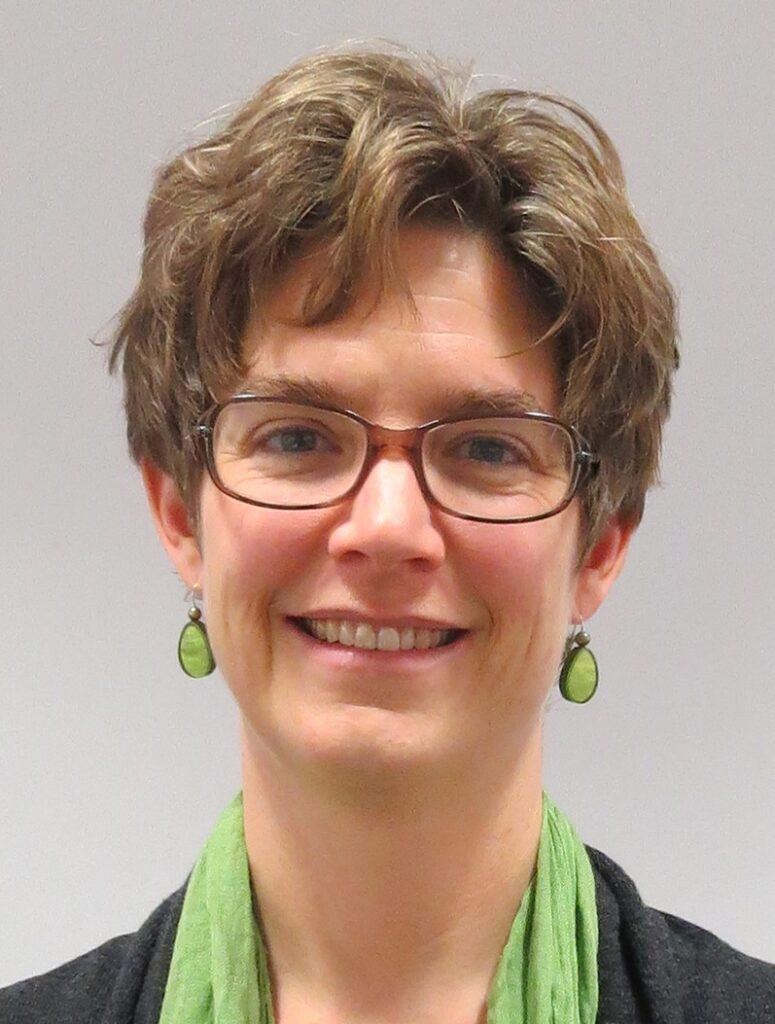
After the presentations, the group gathered for a poster session to further explore the different models proposed by presenters and attendees alike and to share a more casual instance of networking accompanied by snacks.
We are very thankful to all speakers on their insightful presentations and look forward to their future development in their respective research!
